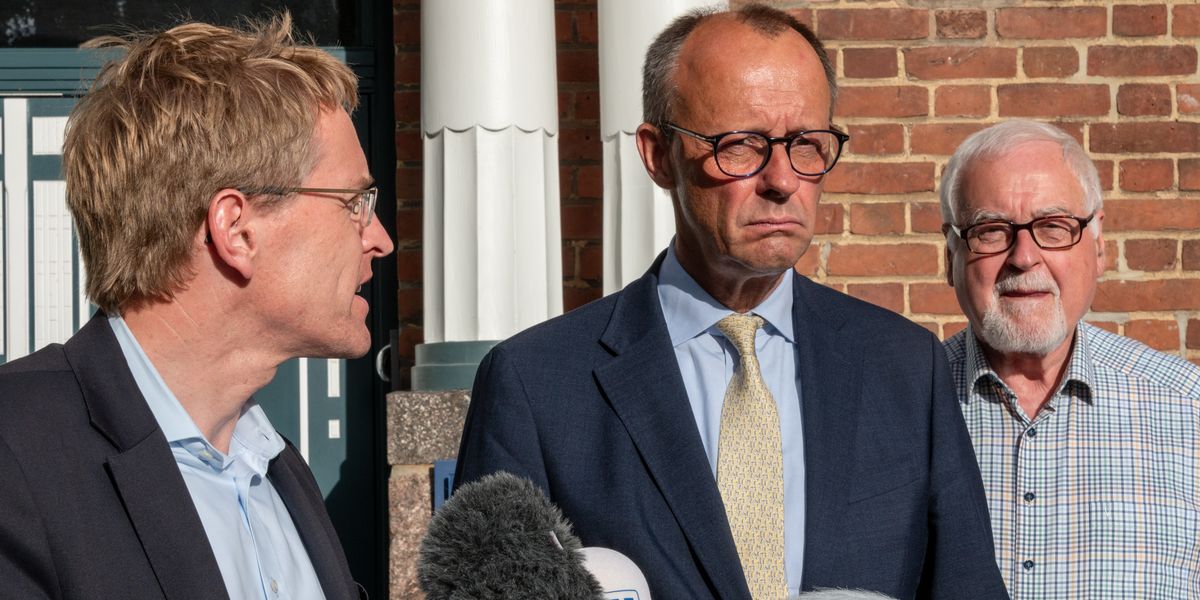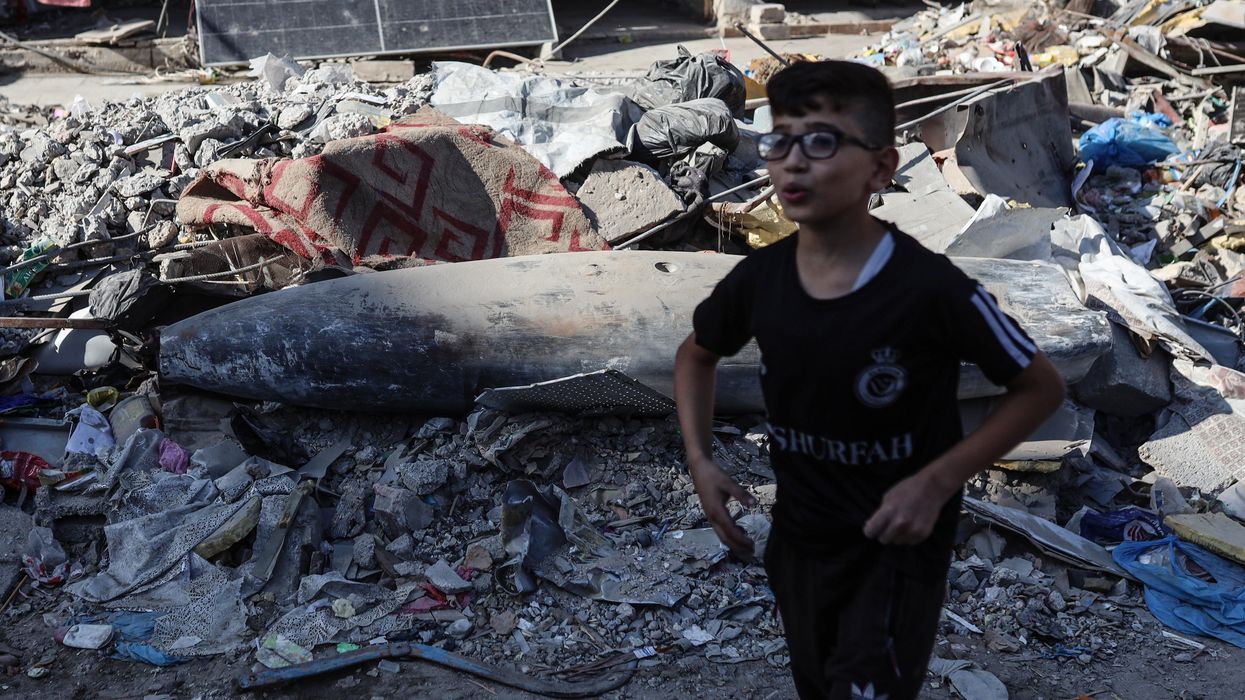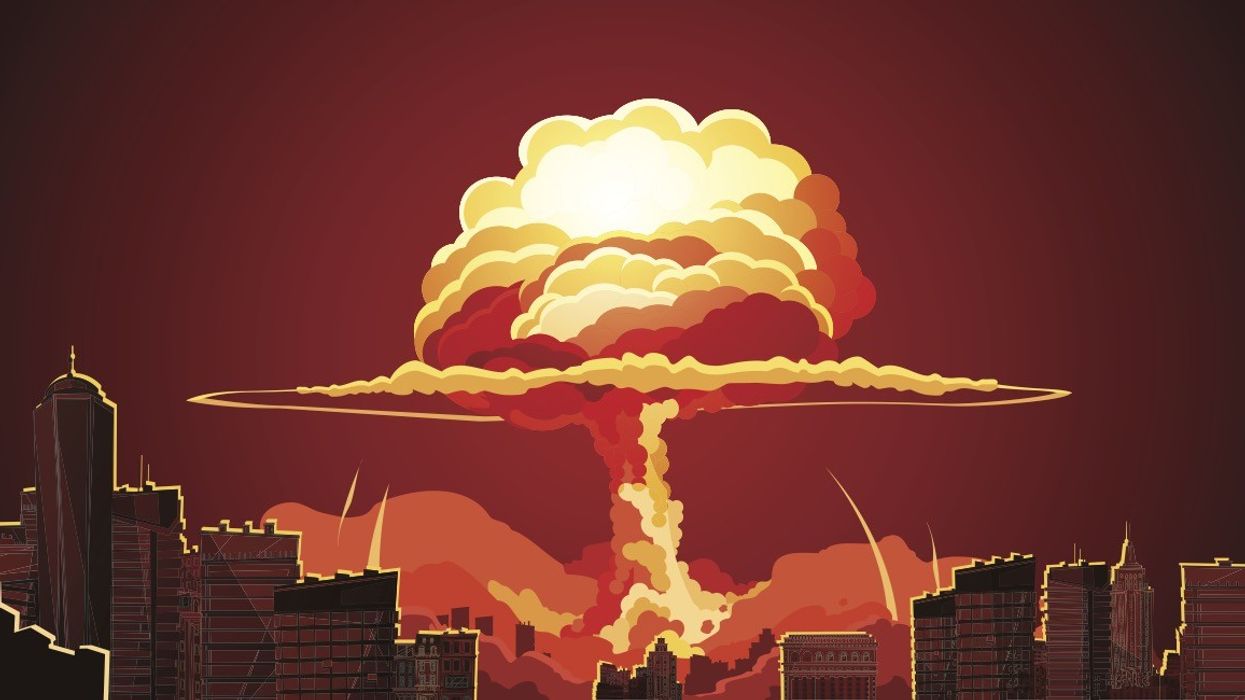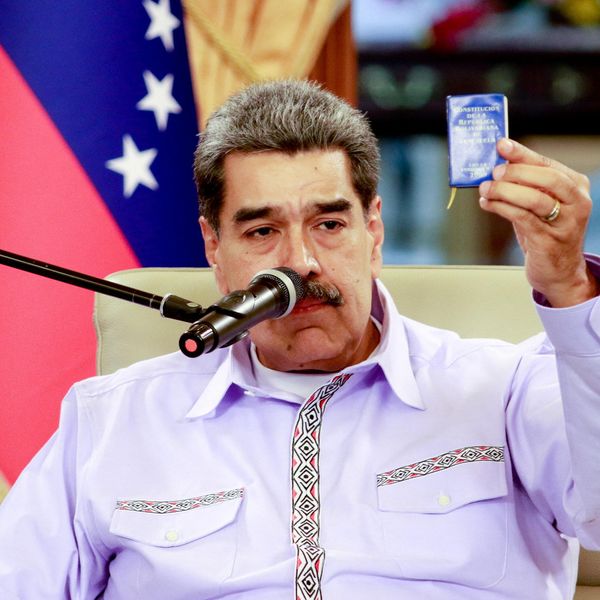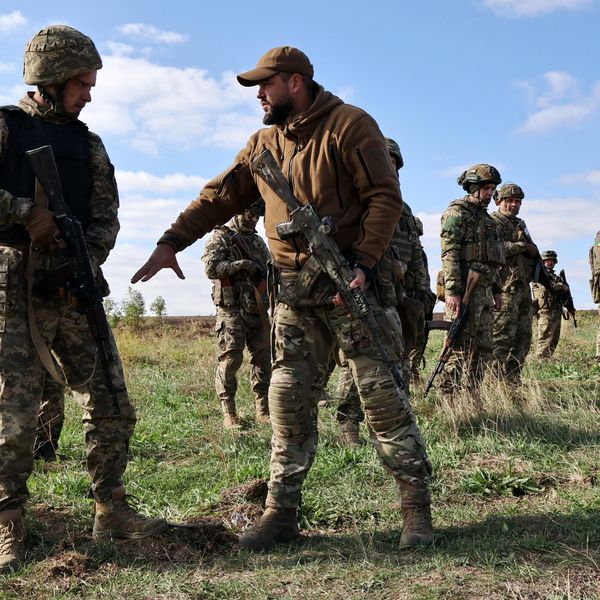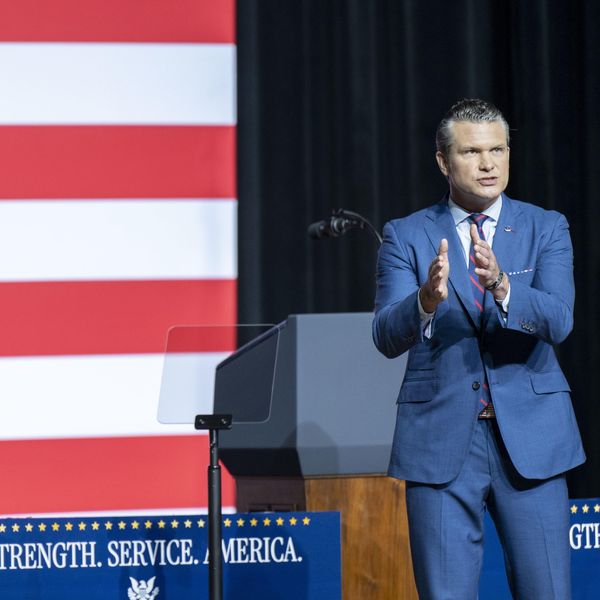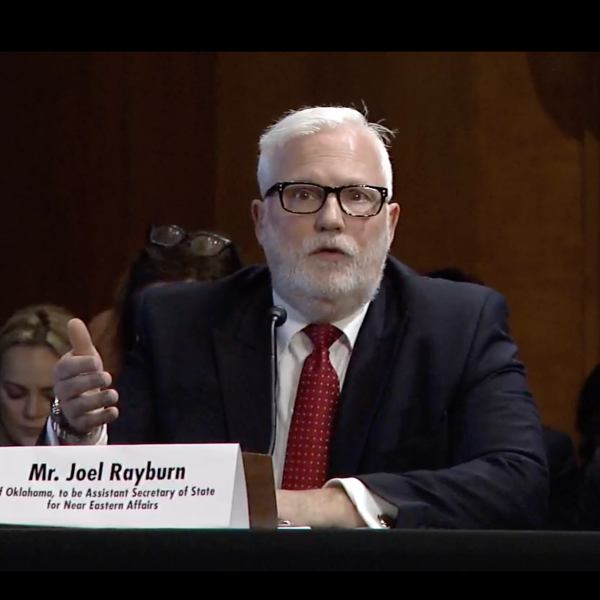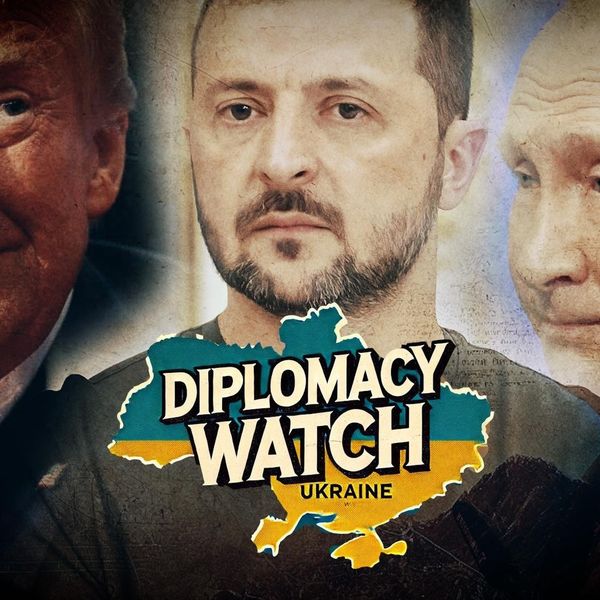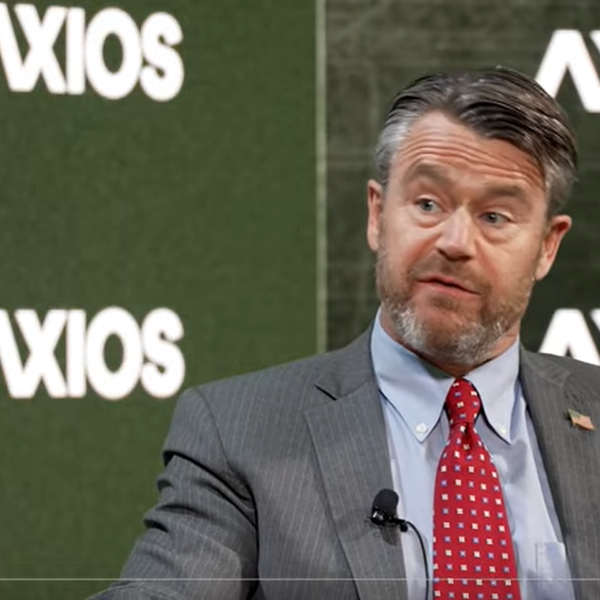Recent polls show the center right Christian Democrats (CDU-CSU) headed by prospective chancellor Friedrich Merz losing ground against the populist right Alternative for Germany (AfD), even before the new government has been formed.
The obvious explanation is widespread popular dissatisfaction with last month’s vote pressed through the outgoing parliament by the CDU-CSU and presumptive coalition partner the SPD (with the Greens) to allow unlimited increases in defense spending. This entailed disabling the constitutional “debt brake” introduced in 2009 to curb deficits and public debt.
The new parliament, with the AfD as the main opposition party, took its seats last week. The AfD opposes financing rearmament by a massive upsurge in public debt, and supports negotiations to end the war in Ukraine. Die Linke (the Left) which substantially improved its position in the February elections, opposes rearmament and favors peaceful conflict resolution. Polls show support for Die Linke has also risen since the elections.
Mainstream consensus on financing rearmament
The aversion to incurring debt to finance public expenditure, including for defense, has been a central policy tenet of the German center-right CDU-CSU. The Zeitenwende (epochal change) declared by Chancellor Scholz in 2022 provided an exceptional $100 billion in funding for defense, allowing Germany to reach the 2% of GDP target set by NATO last year.
However, the latest move by Merz — which can be seen as an intensified Zeitenwende — permits any defense expenditure in excess of 1% of GDP to be exempted from the debt brake’s provisions. The justification given is a potential Russian military threat and the conviction that the U.S. is bent on reducing its commitments to the conventional defense of Europe.
Merz’s CDU is paying the price with its fiscally conservative voters, who oppose incurring new public debt for the defense hike, rather than cutting spending to pay for it. These voters view Merz’s turnaround on fiscal probity as a betrayal of his own election campaign program.
Presumably, the rise in AfD support comes from the defection of some of the CDU-CSU voters. Although Scholz and his cabinet resigned on March 25, they remain as caretakers until the new government under Merz is formed, perhaps as early as Easter.
Public opinion and the mainstream parties’ program
Tension between the mainstream parties’ determination to continue arming Ukraine and a growing preference among much of the public for seeking a negotiated outcome has for some time been evident. The Ebert Foundation’s Security Radar 2025 report documents rising public anxiety in Germany and elsewhere in Europe about possible escalation of the war in Ukraine, with for example, 59% of Germans worried the war might escalate to the use of nuclear weapons, anda majority of (54%) of Germans agreed that defense spending should increase, with 36% opposed.
However, 53% favored a negotiated settlement of the war even if Ukraine has to sacrifice territory. A third of Germans favored NATO membership for Ukraine, a quarter favored supporting Ukraine “until it wins” and only 11% favored deploying German troops to Ukraine.
These findings suggest that the customary German reticence about armed conflict and preference for peaceful conciliation of conflicts has not been overtaken by any martial fervor.
The German public favors increasing defense spending, so long as this is understood as taking responsibility for the conventional defense of Germany itself, rather than giving priority to aiding Ukraine’s defense in the current war. The Security Radar report discerned across Europe a mood expressed by the slogan “my country first.”
How much and how soon will spending increase?
The actual magnitude of a boost to defense spending in the coming few years remains a matter for the coalition’s programmatic document (still being negotiated). The relaxation of defense spending has so far produced an additional 3 billion euros for Ukraine in 2025, to be added to the 4 billion euros already approved for 2025. This includes German made air defense systems which will need two years to be produced. There is no indication yet of the release of a torrent of new money or weapons to Ukraine.
Neither outgoing Chancellor Scholz nor Friedrich Merz has indicated Germany would contribute troops for the “coalition of the willing” peacekeeping effort advanced by UK PM Keir Starmer and French President Emmanuel Macron. The question of providing Taurus missiles to Ukraine will likely arise again soon after the new government takes office. Merz has previously advocated sending these, or at least threatening to do so to exact concessions from Russia. Throughout his tenure, Scholz firmly resisted pressure to provide these missiles.
A recent report from the Breugel economic think tank estimates what defense equipment, manpower, and industrial developments would be needed for Europe to assume most or all of Europe’s conventional defense without the United States.
The authors argue that Germany needs to raise its defense spending to 3.5% of GDP within the next three years and had to lift public debt limits to do so. They suggest that Europe would face several serious constraints in attempting to replace in a timely way the American material and technical contributions to the Ukrainians in a continuing war.
Many economists, market analysts, and the DAX stock market index responded positively to the planned increases in defense spending, predicting a recovery of Germany’s weak economy as the plan is implemented. The plan includes a 500-billion-euro fund for infrastructure modernization to be spent over 12 years.
What's ahead?
In essence, the funding of a major increase in German defense spending belongs in the logic of burden-shifting of continental conventional defense from the United States onto NATO’s European members. It rests upon the anticipated continued engagement of the Americans in NATO, in the hope that a new division of labor will convince the Americans of the value of their ongoing engagement in European security.
Moreover, the spending increase will need to be sustainable over years in order for the conventional capability of Germany to compensate for an American drawdown of forces deployed in Europe. Because the rearmament aims to achieve greater “independence” from the U.S., the German and European arms industry stands to benefit.
The European public is seemingly not fully convinced of the necessity to embrace a radically changed security stance for Germany and the European members of NATO. In order to ensure stability and win long-lasting public support, the burden-shifting of conventional defense in Europe should be paired with renewal of diplomatic contacts with Russia, and with an agenda of arms control and mutual confidence building measures.
- European militarism on steroids is not good, either ›
- Germany's historic vote to amend constitution for defense hike ›
- Germany huffs and puffs on long-range weapons for Ukraine | Responsible Statecraft ›
- Why German rearmament isn't happening | Responsible Statecraft ›

